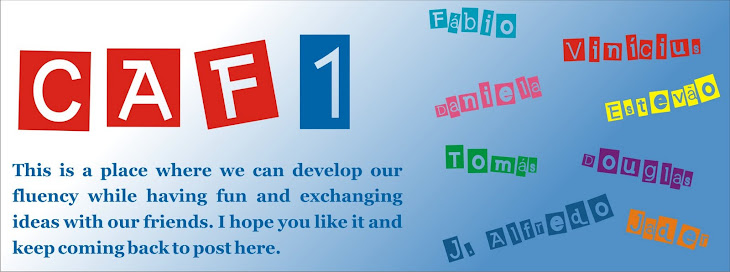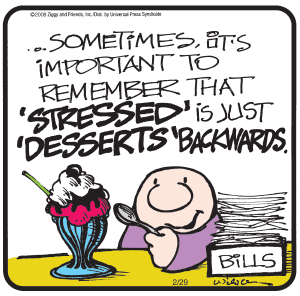Friday, March 12, 2010
Wednesday, March 10, 2010
difference between sheep, cheap, ship and chip
sheep
sg + pl 1 sheep. 2 fig stupid, weak, timid or stupid. 3 sheepskin. black sheep person of ill repute. sheep's head fool, simpleton. to be a wolf in sheep's clothes fig be a wolf in sheep's. to cast sheep's eyes on somebody throw languid looks for a particular person. to separate the sheep from the goats separate the good from the bad.
cheap
adj 1 cheap, low price. 2 at reduced prices (ticket.). 3 offering low prices (market or home). 4 easy to buy, do, etc.. 5 of little value, common, inferior, insignificant. I hold him cheap / despise or disregard it. 6 bewildered, stunned.
ship
1 ship: boat, steam. 2 vessel (of war), aircraft. 3 crew of a ship or plane. To take ship (for) to embark. when my ship comes home when you win the jackpot, when you receive money.
chip
1 chip: fragment, filings, trimmings. 2 chipped place, a place where you cut a piece. 3 slice, piece of food or candy. 4 chips: potato chips. 5 item for the game. (Comp) chip: miniaturized electronic components mounted on a printed circuit board and that performs specific processing. A chip of the old block as the father, like father like son, this is the father and son. as dry as chips too dry (speech), boring. in the chips to be wealthy. to chip in 1 intrude into the conversation. 2 Amer contribute, pay, take up a collection. to chip off 1 chip, peel. 2 scratching, scraping into pieces. To have a chip on one's shoulder Amer coll be grumpy. to have one's chips have the last chance. to pass / cash in one's chips coll Euph die.
sg + pl 1 sheep. 2 fig stupid, weak, timid or stupid. 3 sheepskin. black sheep person of ill repute. sheep's head fool, simpleton. to be a wolf in sheep's clothes fig be a wolf in sheep's. to cast sheep's eyes on somebody throw languid looks for a particular person. to separate the sheep from the goats separate the good from the bad.
cheap
adj 1 cheap, low price. 2 at reduced prices (ticket.). 3 offering low prices (market or home). 4 easy to buy, do, etc.. 5 of little value, common, inferior, insignificant. I hold him cheap / despise or disregard it. 6 bewildered, stunned.
ship
1 ship: boat, steam. 2 vessel (of war), aircraft. 3 crew of a ship or plane. To take ship (for) to embark. when my ship comes home when you win the jackpot, when you receive money.
chip
1 chip: fragment, filings, trimmings. 2 chipped place, a place where you cut a piece. 3 slice, piece of food or candy. 4 chips: potato chips. 5 item for the game. (Comp) chip: miniaturized electronic components mounted on a printed circuit board and that performs specific processing. A chip of the old block as the father, like father like son, this is the father and son. as dry as chips too dry (speech), boring. in the chips to be wealthy. to chip in 1 intrude into the conversation. 2 Amer contribute, pay, take up a collection. to chip off 1 chip, peel. 2 scratching, scraping into pieces. To have a chip on one's shoulder Amer coll be grumpy. to have one's chips have the last chance. to pass / cash in one's chips coll Euph die.
Thursday, March 4, 2010
Wednesday, March 3, 2010
Monday, February 22, 2010
Listen vs Hear
listen and hear
Many students use listen and hear interchangably. However, there is an important difference between them. Listening describes an intentional activity. When you are listening, you are actively trying to hear something. In contrast, hearing is something that happens without any intentional effort. You can hear something even when you don't want to hear it and don't try to hear it.
The sentences below contain both listen and hear and show the contrast:
- I listened outside the door, but I couldn't hear what they were saying inside. [Note that even if you listen, you don't always hear what you are trying to hear.]
- His story was so long and boring that I stopped listening, until suddenly I heard my name. [Note that even if you are not listening, you might hear something.]
In the examples below,taken from the Cambridge Advanced Learner's Dictionary, listen or listen to cannot be replaced by hear:
- What kind of music do you listen to?
- She does all the talking - I just sit and listen.
- You haven't listened to a word I've said!
- We listened in silence as the names of the dead were read out.
- Listen, we really need to sort out our insurance claim this weekend.
- Listen to this! You can win a holiday for two in the south of France just by answering three simple questions.
, because hear is describing something that a person cannot control/
- She heard a noise outside.
- My grandfather is getting old and can't hear very well.
- You'll have to speak up, I can't hear you.
- I heard a really interesting programme on the radio this morning.
- I heard the orchestra play at Carnegie Hall last summer.
- An audience gathered to hear him speak.
http://www.f.waseda.jp/vicky/students/help/mistakes/listen-hear.html
Subscribe to:
Posts (Atom)





